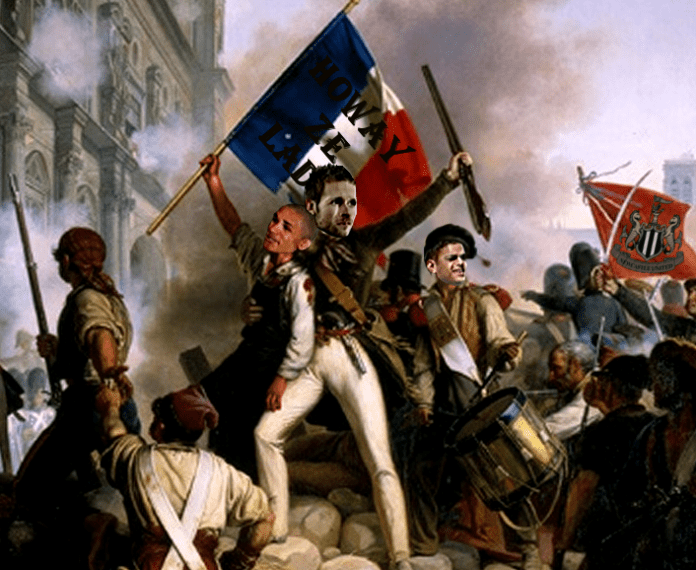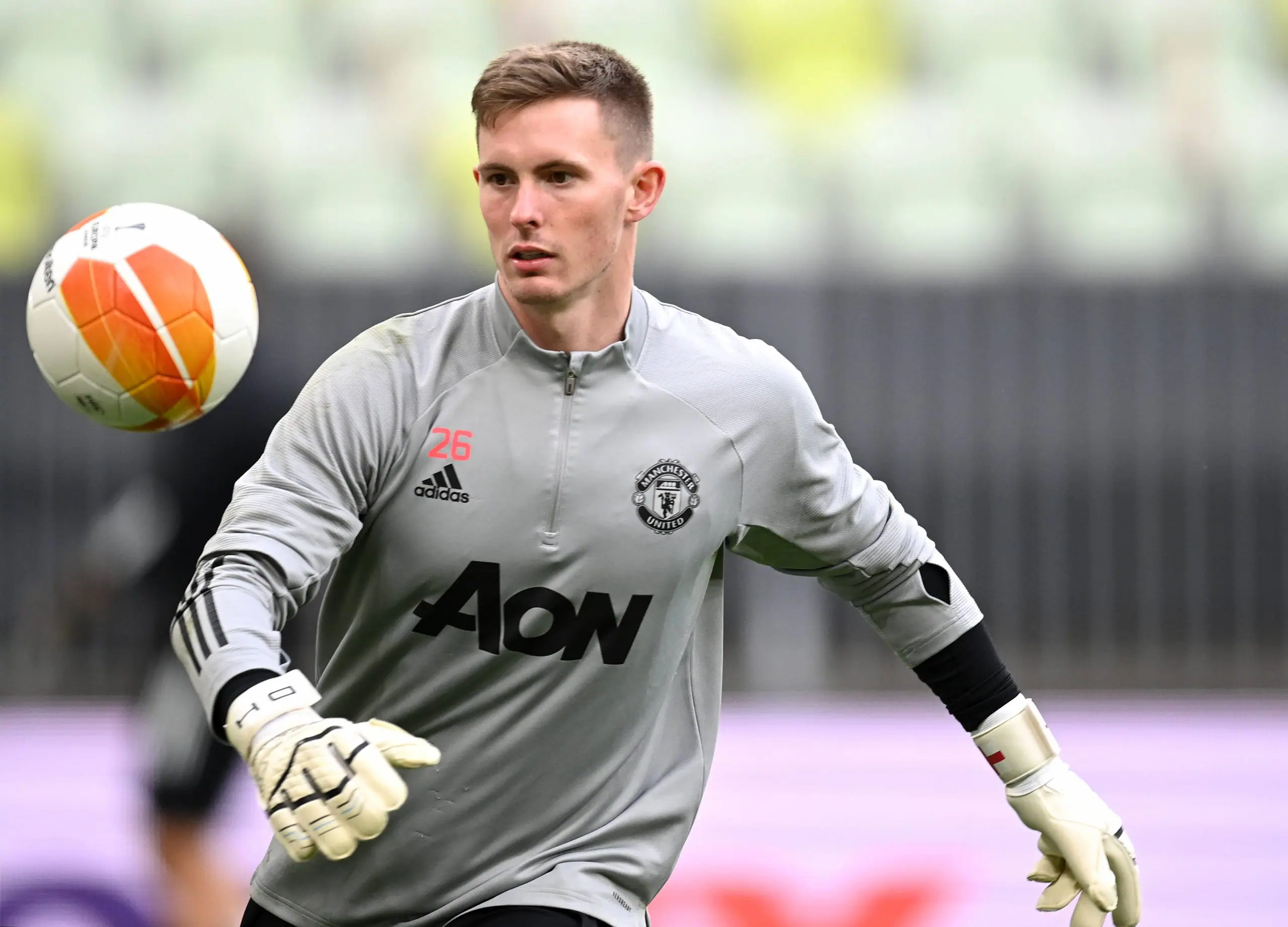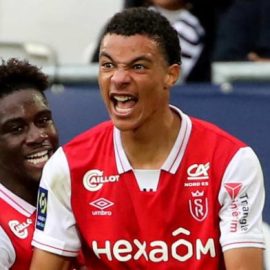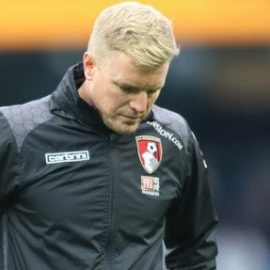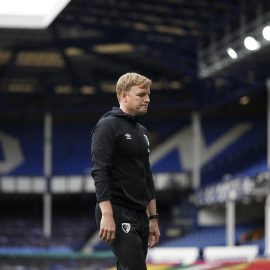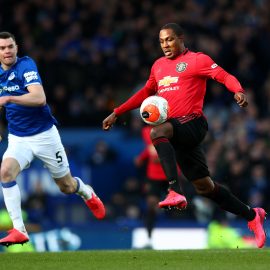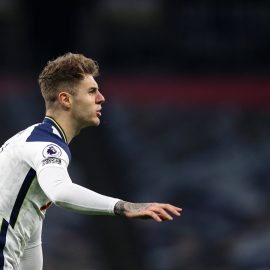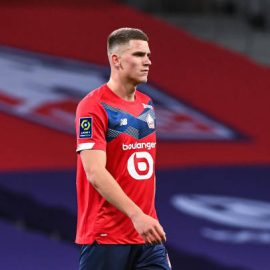In the Age of Enlightenment, a European nation overcame financial crises and numerous regime changes to briefly flourish on the big stage for a few years. Shift the focus away from 18th century history and towards modern day politics of a footballing nature, and we can tentatively see a similar pattern emerging in the north-east of England, in the boardrooms and back rooms at St. James’ Park. With the first phase of Newcastle’s transformation on course to be complete by the end of summer, will radical changes to the squad, concrete or prospective, usher in a triumphant era for the club? Or, as feared, will the revolution analogy stretch the whole way: brief success, superseded by an all too familiar sense of terror and chaos?
Considering manager Alan Pardew’s preferred hunting ground this summer, such historical comparisons are not merely accidents or coincidences. No less than four French players have arrived at St. James’ this summer to join up with compatriot Hatem Ben Arfa: Sylvain Marveaux, Yohan Cabaye, Demba Ba (who was, despite declaring for Senegal, born and raised in Paris) and hot prospect Mehdi Abeid have all washed up on north-eastern shores. Other targets, such as PSG’s Kevin Gamiero (who Newcastle missed out on) and Mevlut Erdinc, hail from Paris and Saint-Claude respectively. Abeid aside, Pardew’s French signings and targets are in the 23 – 26 age bracket, have played over one hundred games in Ligue 1 and have fledgling international experience. All are good signings in their own right: talented young players with ambition that will augment the existing squad in key areas of the pitch.
All in all, Newcastle United should have a starting eleven capable of laying waste to the Midlands, large parts of Greater Manchester and smaller parts of London. With this in mind, how can Tyneside’s very own French Revolution be anything but glorious? The answer may be fourfold.
Ambition: excessive and exiguous
First of all, the very ambition that brings a keen young player to a Premier League club is the same ambition that will drive them to test themselves at the very highest level. The new crop went out of their way in their respective press conferences to describe Newcastle as a “big club”: something entirely expected of relatively young up-and-comers looking to assert themselves in, disputably, the world’s greatest league. Mouths may wax lyrical about their new big club, but eyes will always be looking up the table at the top four. One or two good seasons in the north east would provide the stepping stone to the European platform that talented players on the fringe of the international setup all crave.
Another worry is the focus on signings from the continent rather than the home countries. The concern lies not only in the uncertainty surrounding a French footballer’s ability to step up and play in such a physically demanding league, but also in what the club means to a footballer born in Paris or Bordeaux. Whilst Demba Ba may have an idea of what the atmosphere is like at St. James’, will the likes of Marveaux and Cabaye truly understand what it means to pull on the black and white shirt in front of fifty thousand supporters every week, in a city renowned for its love of football? This understanding may come in time, and only time will tell whether the players in question are truly committed to the Magpies’ cause, or whether they are in it, like many continental statesmen of old, purely for their own ends.
On a similar note, questions not of ability but of motivation and discipline could be asked of some of the new intake. Sylvain Marveaux arrives on Tyneside only after failing to agree suitable terms at Liverpool, whilst Demba Ba showed a distinct lack of discipline in forcing a move from Hoffenheim to West Ham by refusing to turn up to the German club’s training camp. Couple these issues with the presence of Hatem Ben Arfa, and Alan Pardew may have his work cut out. Although Ben Arfa caused few problems in the north-east last term, he spent long periods of time recovering at the Clairefontaine academy; in the past, he has had no fewer than three altercations with teammates and two bust-ups with his club managers. Whilst Pardew is no stranger to ill-disciplined players, having dealt with the likes of Barton and Carroll, it remains to be seen whether a growing French contingent led by Ben Arfa could potentially upset the dressing room atmosphere as the season progresses.
A player’s ambition ought to match that of his club. A club’s aspirations can be measured in how they manage the key members of their squad, as shown by two prominent examples from last season. In retaining Charlie Adam until the end of the season, Blackpool came within a hair’s breadth of avoiding relegation, a feat thought impossible in August. At the other end of the scale, Aston Villa’s league position looks destined to suffer with the sale of every major asset, with Friedel and Young adding their names to the already lengthy list of players leaving Villa Park for pastures new. The Tyneside club seems to fall into the latter category, as shown by the sale of Gateshead-born Andy Carroll to Liverpool in January. Whilst the pitchfork-wielding and riotous Toon Army were placated at the time by the astronomical £35m transfer fee, rumours of other sales, particularly those concerning fan favourite Jose Enrique, will not sit well with the St. James’ Park faithful, despite the promises of reinvestment in the squad. Even if the new blood reinvigorates the club, the transfusion will not be permanent, and within two or three years, the club will be scouring Europe looking for ripe donors. Thus, the concept of permanent revolution at the club, much like in practical politics, is flawed. If United fail to hang onto their new stars, the club will move in circles rather than onwards and upwards; or, worse still, may find itself relapsing.
The changing of the Old Guard
If this financially motivated feeder club theory rings true, then it is all the more perplexing to find the club’s consistent, loyal and hardworking base being dismantled and sold off in a similar fashion, and. no doubt, with similar motives. Kevin Nolan is the Louis XVI of the piece: a beloved servant who lost public support amidst financial dealings, swiftly dispatched in a brutal manner (to a Championship club, a fate arguably worse than death) with his name and reputation besmirched. His outspoken wife, Joey Antoinette Barton, is expected to leave on similar grounds. However, unlike the 18th century monarchy, Messrs. Nolan and Barton served their club well. Where would Newcastle have finished last season without their captain’s twelve goals, or their versatile playmaker’s nine assists?
Once again, it all boils down to finances. This is a young man’s revolution, and, at the age of twenty-eight, Nolan and Barton will not be afforded the four or five year contracts they desire, despite their peak physical condition and their commitment to the cause. The official party line towed by Pardew is that Nolan – and, implicitly, Barton – doesn’t have a four or five year shelf life. Said players need only point to Scholes, Giggs, Sheringham and local hero Shearer for proof that life as a footballer doesn’t stop at thirty. The real issue here is the contract, if not in terms of length, then in the terms themselves. Steven Taylor, another local lad raised on Tyneside, was transfer-listed over “unresolved contract issues”. Enrique has been offered a new deal, but is stalling amidst reported interest from Merseyside. Barton would like to stay, but the board are not willing to negotiate. In short, the club refuses to overexert itself in an attempt to keep its best players, believing that all players are dispensable. Without the graft and commitment of the existing squad, Newcastle United may struggle to progress into a side challenging for European places, regardless of the promise of the new imports.
A zealous teenage fanaticism
From an impartial standpoint, one troublesome issue with Tyneside’s French Revolution is the dangerous hype, fervour and ignorance (in that order) that the club subtly encourages. Not unlike the arrogant orators of the past, Pardew and Llambias climb atop their podiums and damn the departed. The former questioned Nolan’s longevity and influence to the media last week, whilst the latter claimed that Carroll engineered his own move to Liverpool. The reputations of former players are harmed in a classless way by their former employers, paving the way for a slew of exaggerated criticisms of said players’ achievements, whilst at the other end of the scale overplaying the abilities of new signings.
Instead of seditious pamphlets being passed around the streets, ill-informed and ignorant comments spread like an irrepressible plague across football fanzines, forums and comment sections (ironically, beneath articles like this). For every well-reasoned and thoughtful football aficionado, there are two overly biased fans to counter; in a football-centric city like Newcastle, this issue is exacerbated. I have read comments about how Barton can be replaced by Marveaux. I have overheard conversations describing Nolan as a “lazy waste of space” and “utterly useless”. I have taken part in discussions about Cabaye and Marveaux being the future of the club. It led me to wonder how many United fans followed their respective careers at Lille and Rennes, rather than watching three minutes of compiled YouTube footage before coming to their unanimous verdicts.
How does this blind optimism affect the revolution? It enables the much-maligned board to ride the crest of a fanatical wave of enthusiasm, essentially condoning their financially oriented actions. If Barton leaves, he will be incorrectly derided as more trouble than he’s worth by ungrateful fans; if Enrique moves on, the same fans will laud his replacement as the better, more able alternative. It is this blind optimism – birthed in the mid-nineties, and only partially checked by the humility of relegation two seasons ago – that will spur on the revolution, trampling any pessimism underfoot in the short term. The long term, however, is a different matter.
A revolution from…where?
In this laboured, generalised and chronologically incorrect analogy, a few important characters require sketching out. Mike Ashley and Derek Llambias are the embodiment of Maximilien Robespierre and Saint-Just respectively; the former a somewhat rash and reactionary leader who finds himself out of his depth, the latter subserviently carrying out his bidding. Alan Pardew is not the Danton that Keegan was; that is, opinionated, righteous and strong-minded. Nor is he the Louis Philippe like Hughton; of a different mentality, but supportive until unfairly discarded. Instead, the ex-Charlton manager is a far lesser character. He is the Francois Henriot of football management, a loyal commanding footsoldier to the men upstairs, advocating their policies and stroking their egos.
It is here that the analogy ceases to function. In the French Revolution, the ruling party were overthrown and beheaded. Unfortunately, in the case of Montagnards Ashley and Llambias, the bloody end does not seem forthcoming. Despite the squad overhaul and the promises of further investment, a true footballing revolution is not occurring on Tyneside, as it is not from a revolution from above: the same administrative structures that have crippled the once-great club are still in place, and will be for the foreseeable future. Rebellious fans stormed the St. James’ Bastille when Keegan walked; they stormed it again when relegated, and yet again when Hughton was dismissed, all to no avail. The signing of four talented and ambitious French players is a false dawn for the club, partly for reasons outlined above, but mainly because, despite the declarations, little will change; when the bigger clubs come knocking, those who prove themselves will be handed over for a princely sum.
To paraphrase a quote from Napoleon Bonaparte about the French Revolution, in the context of Newcastle United Football Club:
“Money made the Revolution; progression was only a pretext.”
It remains to be seen who will be sharpening the guillotine if the revolution goes awry, and whose head, or heads, will adorn the block.
Add Sportslens to your Google News Feed!
